In commemoration of Women’s Month, a time dedicated to celebrating the remarkable achievements of women throughout history, it is imperative to reflect upon the arduous struggles and triumphs that have played a pivotal role in shaping contemporary women.
Below are several feminist books penned by remarkable women who have significantly contributed to the ongoing conversation between women and society.
1. The Joy Luck Club
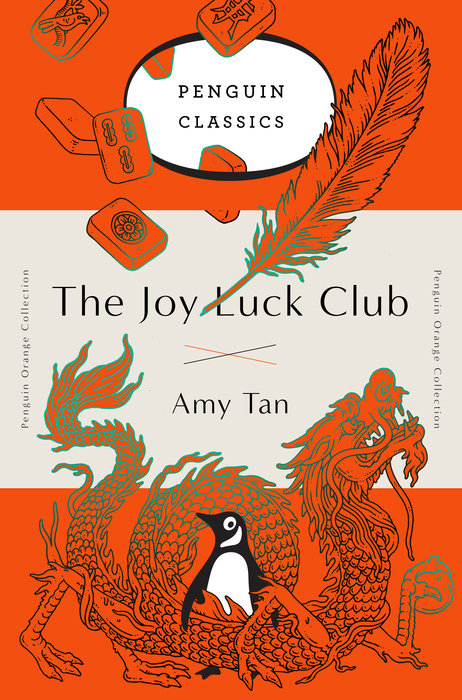
“The Joy Luck Club,” written by Chinese author Amy Tan, who was born in the United States, is an outstanding novel that explores the complicated relationships, cultural identities, and aspirations of four Chinese immigrant families in San Francisco. Tan explores the complicated dynamics of mother-daughter relationships in the context of high expectations through the perspective of mahjong games and shared meals.
2. A Vindication of the Rights of a Woman
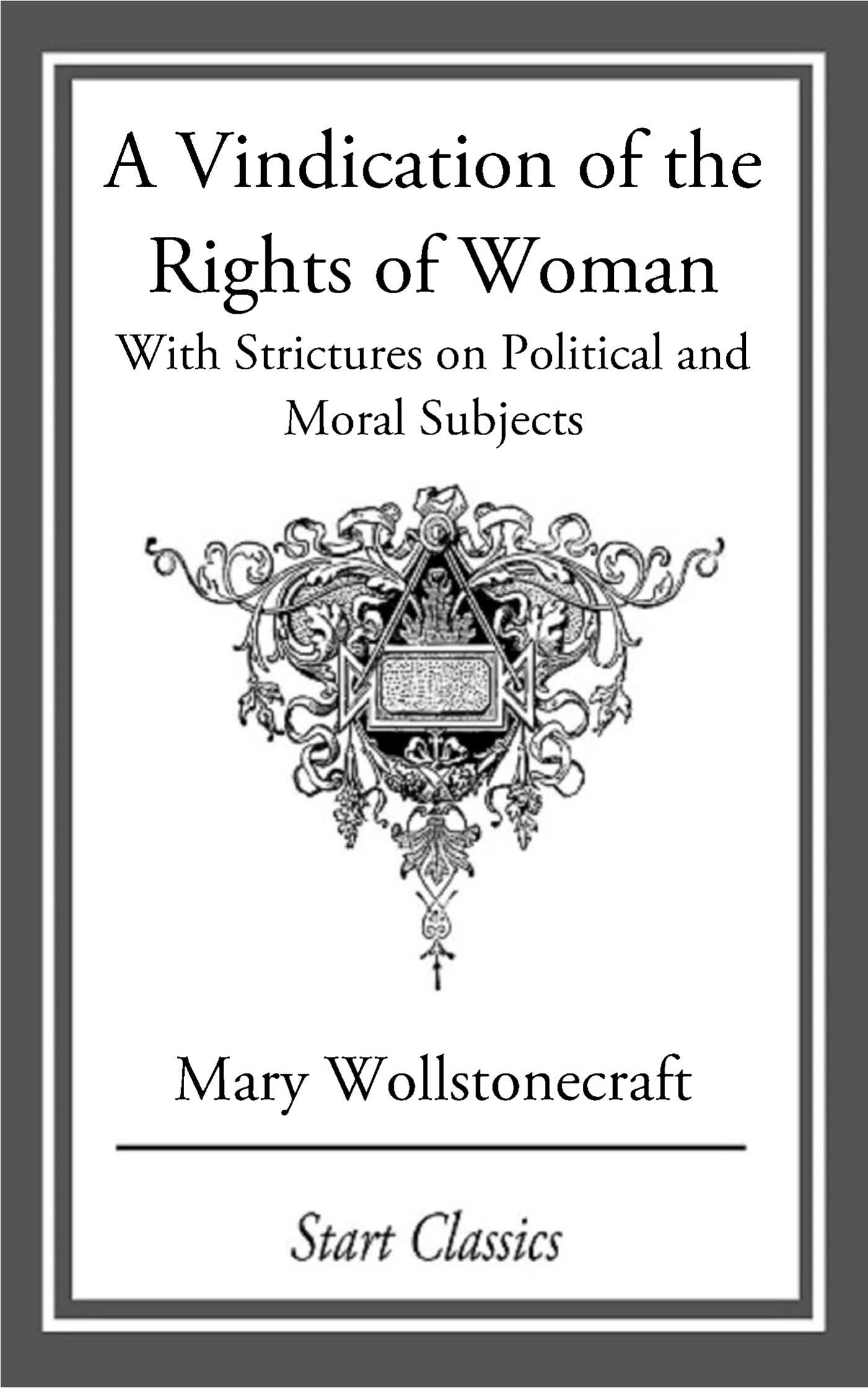
Pioneering feminist icon Mary Wollstonecraft wrote her classic essay “A Vindication of the Rights of a Woman” in 1792. In response to the idea that women are innately less capable, Wollstonecraft believed that education is the key to realizing women’s potential. Her contributions created a foundation for feminist theory and left a lasting impression on the progress toward equality among genders.
3. Little Women
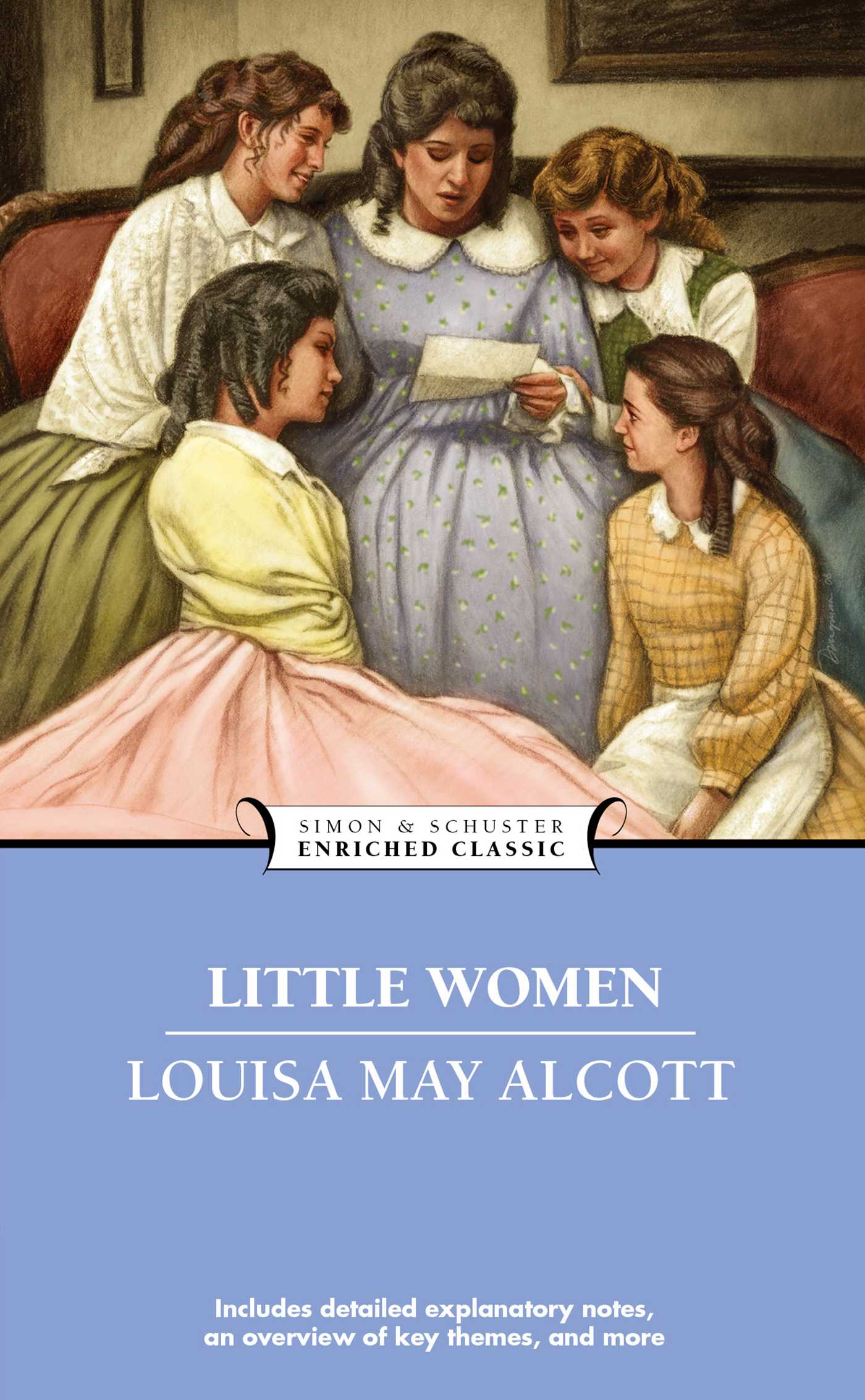
“Little Women” by Louisa May Alcott continues to remain a beloved classic that draws the attention of people of all ages. The March sisters’ lives are explored in the book, which provides a moving perspective on the limitations women in the 19th century faced and their goals for both personal and professional fulfillment. The story by Alcott highlights the enduring power of female connections and personal goals.
4. The Color Purple
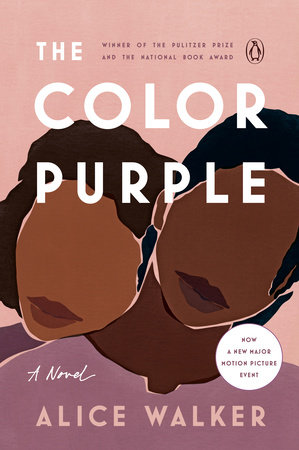
Set in the early to mid-20th century in the South of the United States, Alice Walker’s “The Color Purple” revolves around Celie, an African American woman who experiences oppression and abuse. Walker confronts racism, sexism, and the transforming power of love and resiliency through Celie’s letters to God and her sister Nettie. The Pulitzer Prize commemorates and receives critical acclaim for the book, highlighting its enormous influence.
5. Bata, Bata… Pa’no Ka Ginawa?
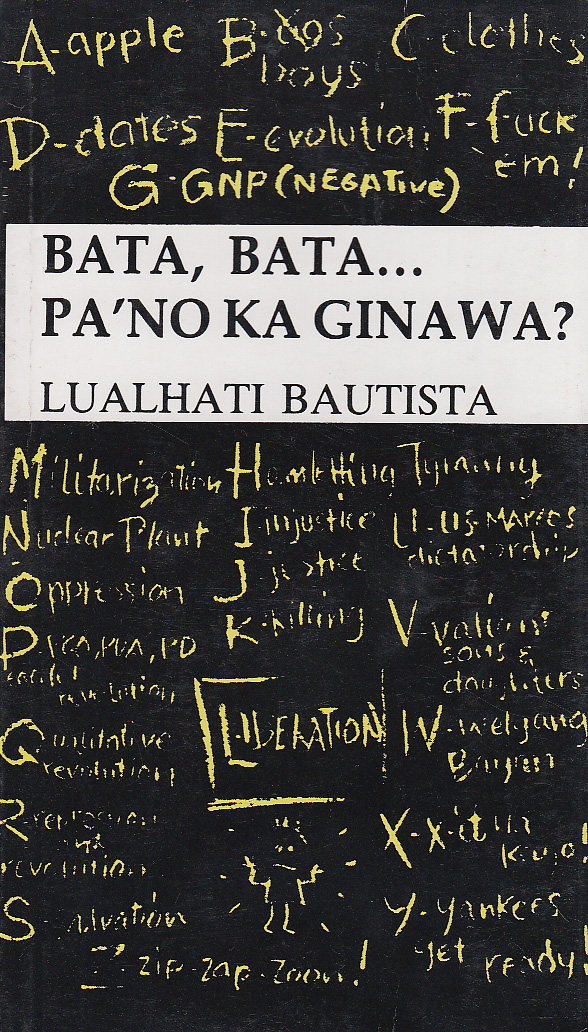
The Filipino author Lualhati Bautista’s book offers an in-depth discussion about parenting, cultural norms, and the fight for independence for women. “Bata, Bata… Pa’no Ka Ginawa?” challenges standard wisdom and provides an innovative perspective on feminism in the context of Filipino culture. It does this by highlighting the various perspectives of women.
6. Kim Ji Young, Born 1982
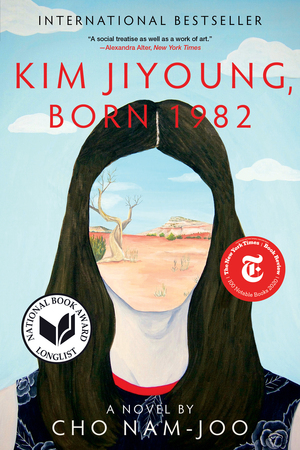
“Kim Ji Young, Born 1982,” a South Korean novel by Cho Nam-Joo, illustrates the widespread gender inequality that Korean women experience. The novel addresses workplace sexism, traditional gender roles, and the difficulties of juggling job and family responsibilities by means of the experiences of its protagonist, Kim Ji-young. As a result, important discussions about feminism and societal expectations are ignited.
7. America Is Not The Heart
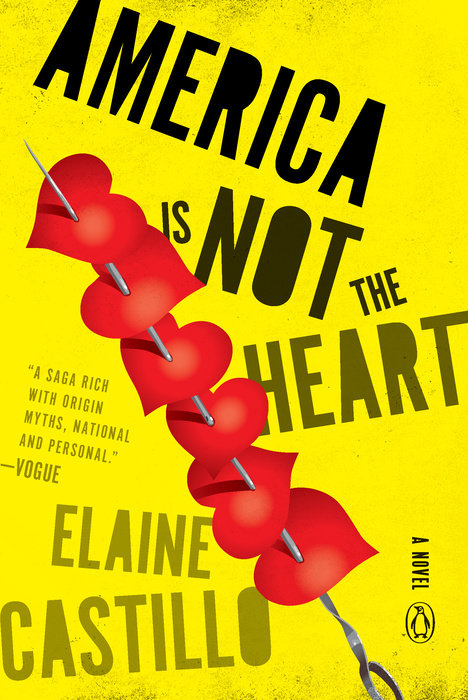
Elaine Castillo’s “America Is Not The Heart” unfolds the narrative of Geronima “Hero” De Vera, a Filipino immigrant navigating the complexities of identity, family, and love in the United States. The novel delves into the immigrant experience, cultural assimilation, and the challenges faced by Hero as she grapples with her past as a member of a communist insurgency.
8. A Room of One’s Own
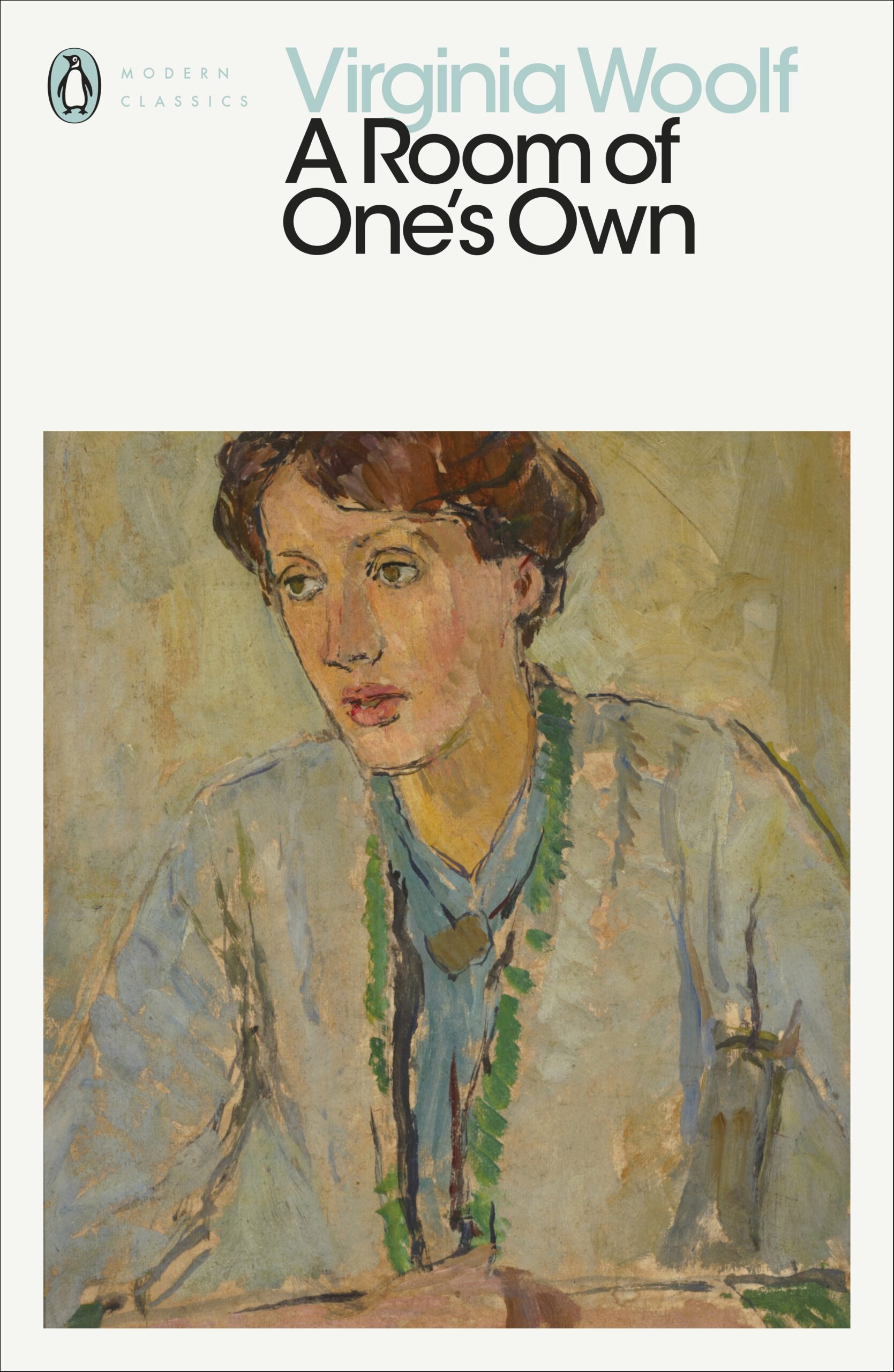
The essay “A Room of One’s Own” by Virginia Woolf deals with the relationship between gender, power, and freedom of expression in art. Woolf contends that in order for women to reach their full creative potential, they must be financially independent and have something for themselves. Her support of women’s rights and equal opportunity continues to serve as an integral component in the discussion of gender equality.
9. We Should All Be Feminists
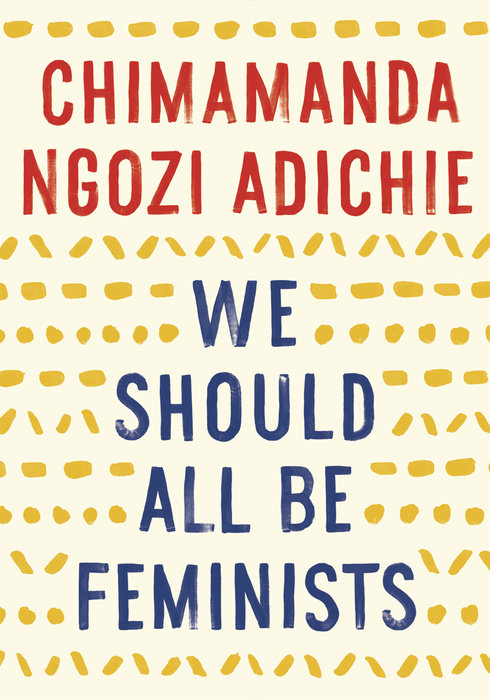
Chimamanda Ngozi Adichie challenges and reinterprets feminism in “We Should All Be Feminists.” Adichie supports gender equality and emphasizes that feminism is not about belittling males but about building an inclusive and just society by means of personal experiences and insightful perceptions. Her captivating story compels readers to consider the societal norms that support injustice.
These feminist literary masterpieces offer doors into the extensive and wide-ranging realities of women as we celebrate Women’s History Month. Every volume adds to the continuing story, promoting greater awareness of the challenges encountered and achievements gained in the effort to achieve gender equality. The voices of women are heard through these uplifting stories, forming a collective awareness that keeps the equality movement moving forward.








